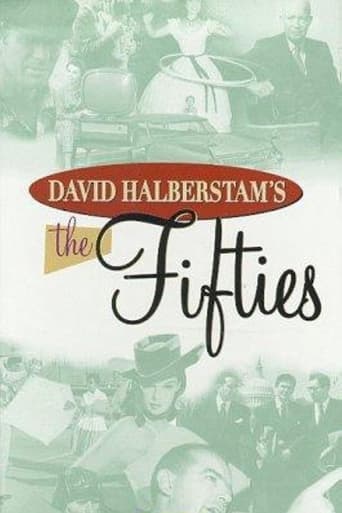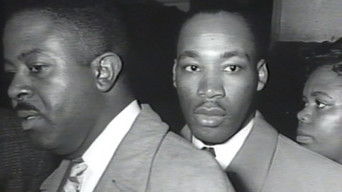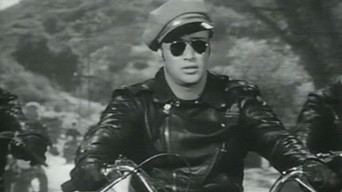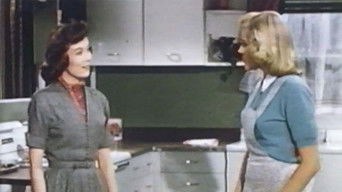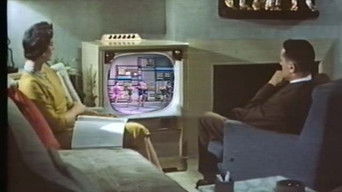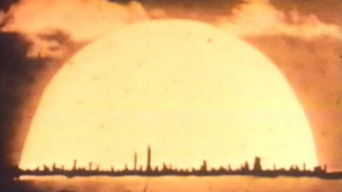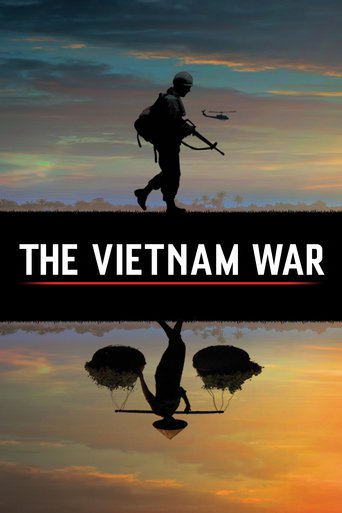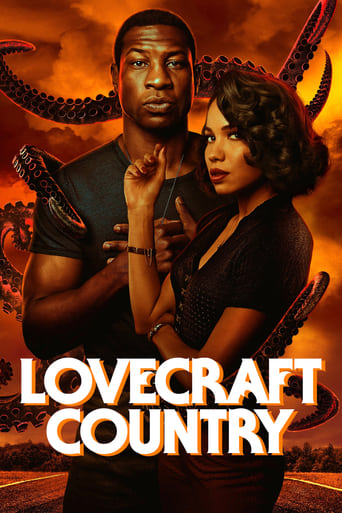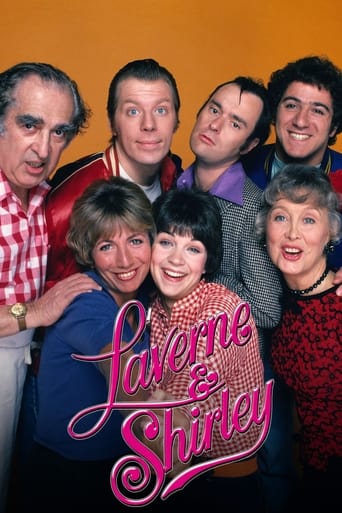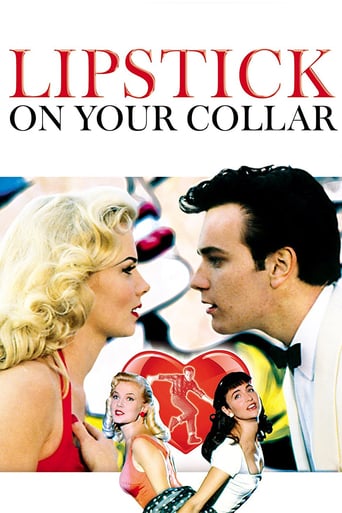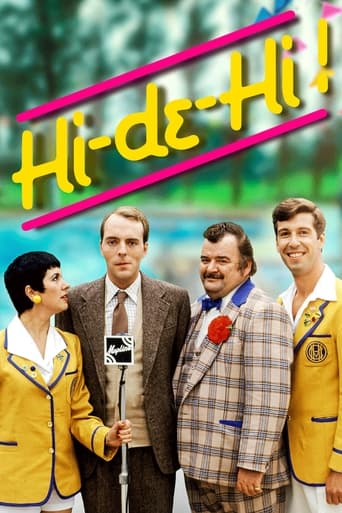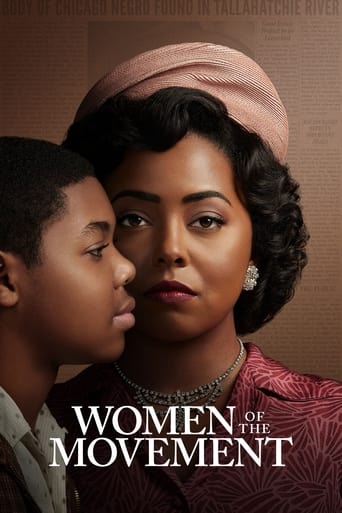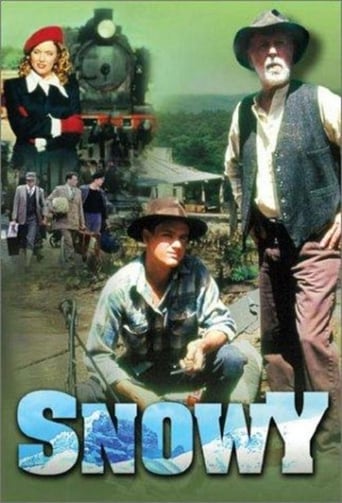The Fifties Season 1
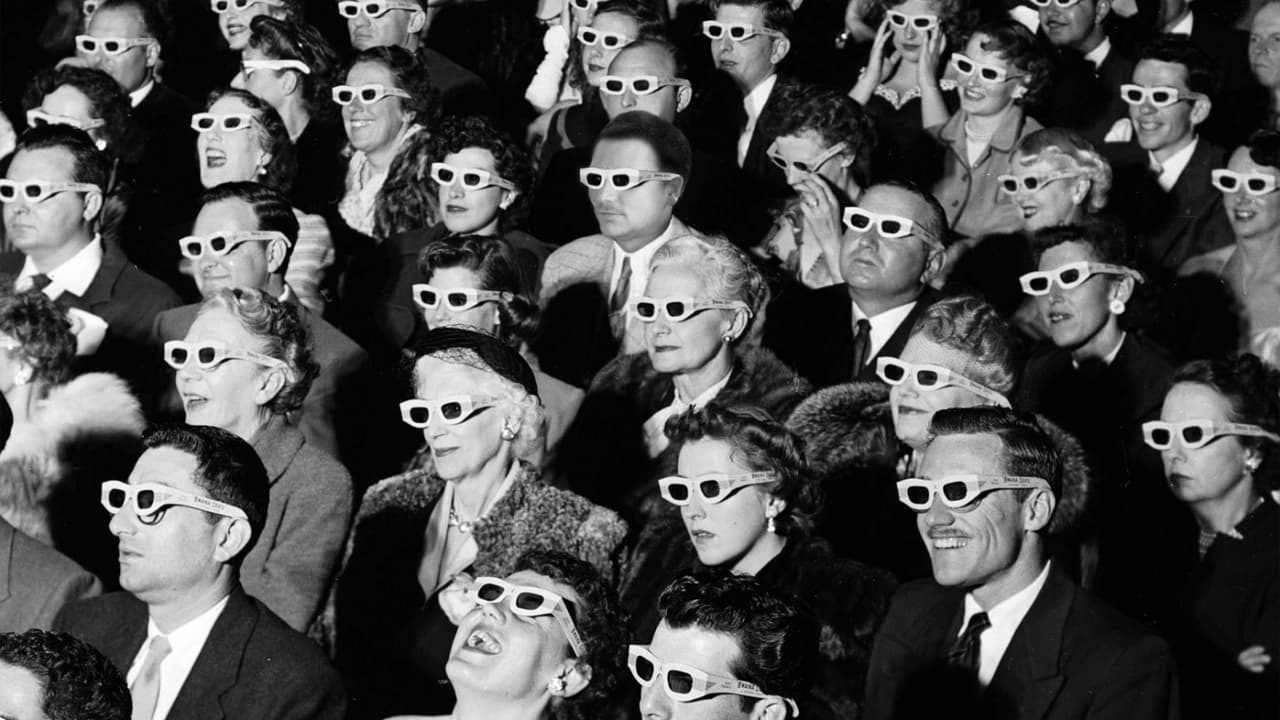
Archival footage and interviews with historians mark this fascinating documentary on the 1950s, based on David Halberstam's bestseller. Among the subjects covered: work and the family; the impact of TV; the Cold War; and the beginnings of the civil-rights movement and the sexual revolution.
Watch NowWith 30 Day Free Trial!
The Fifties
1997
Archival footage and interviews with historians mark this fascinating documentary on the 1950s, based on David Halberstam's bestseller. Among the subjects covered: work and the family; the impact of TV; the Cold War; and the beginnings of the civil-rights movement and the sexual revolution.
Watch Trailer
The Fifties Season 1 Full Episode Guide
Fast food and fast cars occupy Americans' thoughts until the Soviets launch Sputnik and the space race begins.
From Emmet Till to Willie Mays, Americans begin to seriously reconsider how they confront issues of race in America.
Jack Kerouac, Allen Ginsberg, and Elvis. Conformity is questioned and homogenized America begins to differentiate. The teenager as a class is born. Popular music is forever changed by the advent of Rock n Roll. Beat poets push our boundaries and America begins to question everything.
During an otherwise repressed time, Americans again question their ideas of "normal" when the Kinsey report is published, Marilyn Monroe debuts as the centerfold in Hugh Heffner's Playboy, and Margaret Sanger and "Goody" Pincus begin to make noise about "The Pill."
Conforming to the idealized visions of family as depicted on their new televisions, Americans settle into enjoying their American Dreams but discordant voices are beginning to be heard. Grace Metallious's Peyton Place, Sloan Wilson's The Man in the Gray Flannel Suit, and the opinions of feminists like Betty Friedan begin to make Americans question the idealized nuclear family.
Television makes its popular debut. TV is a great selling tool, manufacturing demand for everything from automobiles to zany inventions. Business and governments all begin to learn (and wield) the power of the new media.
Following the victorious end of World War II, America was looking forward to new prosperity and relief from the shortages and rationing that the war required. New affluence, new low-cost suburban homes, and dreams of the good life resulted in a baby boom. With the advent of the Hydrogen bomb, a growing awareness of the communist threat and the beginning of the cold war, those dreams threatened to morph into nightmares.
Free Trial Channels
Seasons


